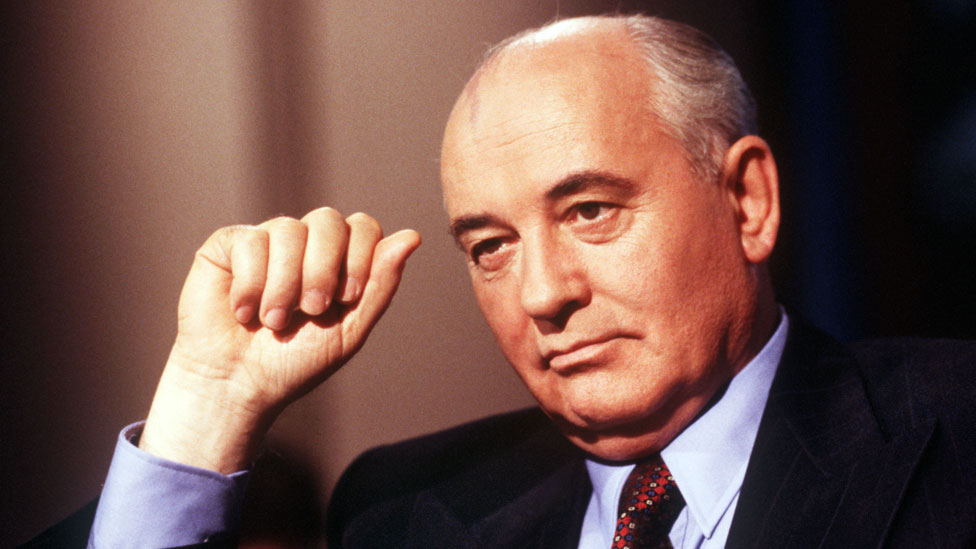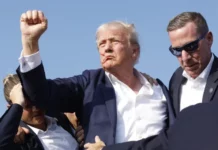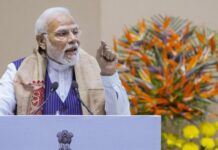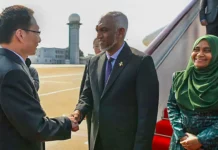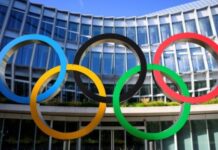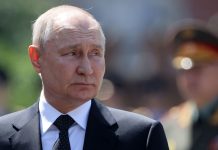Russia’s visionary of the century Mikhail Gorbachev is no more. And Russia will never be same as what he had hoped to achieve in the former Soviet Union. Even though he did not have much support in the central Politburo he tried and succeeded in moving towards openness. Coupled with the radical openness, candor and willingness for change, Mr. Gorbachev introduced almost from his very first day in office, the euphoria shocked everyone across the Soviet Union.
Soviet Union was near rock bottom when he took over the power, store shelves were empty, and the economy wrung dry by a rapacious military machine. And then suddenly, this young leader with the broad smile and the accent of his roots in the southern farmland arrived, spreading the thrilling gospel of “perestroika” (rebuilding) and “glasnost” (openness). We can’t go on like this, he declared as he brought new blood into the Kremlin. In a swirl of unscripted appearances, he preached that society was suffocating under the command bureaucratic system and the arms race, and that everything had to be changed, and changed radically.
It was a chemistry that went far beyond the economic changes he began. People began speaking freely, newspapers started reporting in earnest, the arts flourished, churches filled. It may have been more than Mr. Gorbachev bargained for, but in the public mind, he got credit for it all. Throughout the Soviet bloc and around the world, the rise of a bold new leader had captured attention even before he reached the pinnacle.
Gorbachev’s visit to East Germany in 1989 directly precipitated the fall of the Berlin Wall a month later. A popular myth in the United States credits Ronald Reagan with that historic event, but the forces that Mr. Gorbachev unleashed throughout eastern Europe were immeasurably more important.
What he failed to understand was the ruthless predecessors in the Kremlin who knew intuitively that to loosen a system built on coercion, power and fear was to destroy it.
He tried economic shock therapy, reversed course, then tried force, but it was all too little, too late. Without the cruel glue of repression, the Soviet Union disintegrated, and the economy ground to a halt. An attempt by Communist hard-liners to seize power by force in August 1991 was put down by Boris Yeltsin, and the U.S.S.R. would survive only a few months more.
In retrospect, it is intriguing to question whether things could have gone differently or whether the Soviet Union could have survived had Mr. Gorbachev taken different actions. When the iron curtain was dismantled in Russia, the shocked waves were alsofelt all the way in repressive China. Fearing what happened in Russia, hard liners in China crushed the uprising at Tiananmen Square with brute force.
Yet Mr. Gorbachev was a reformer, not a revolutionary. Only nine months before the Soviet Union was to collapse, he confessed before an audience in Minsk, in what is now Belarus, “I am not ashamed to say that I am a Communist and adhere to the Communist idea, and with this I will leave for the other world.”
No matter what may or not have happened, he will be remembered in history as a statesman and visionary.

